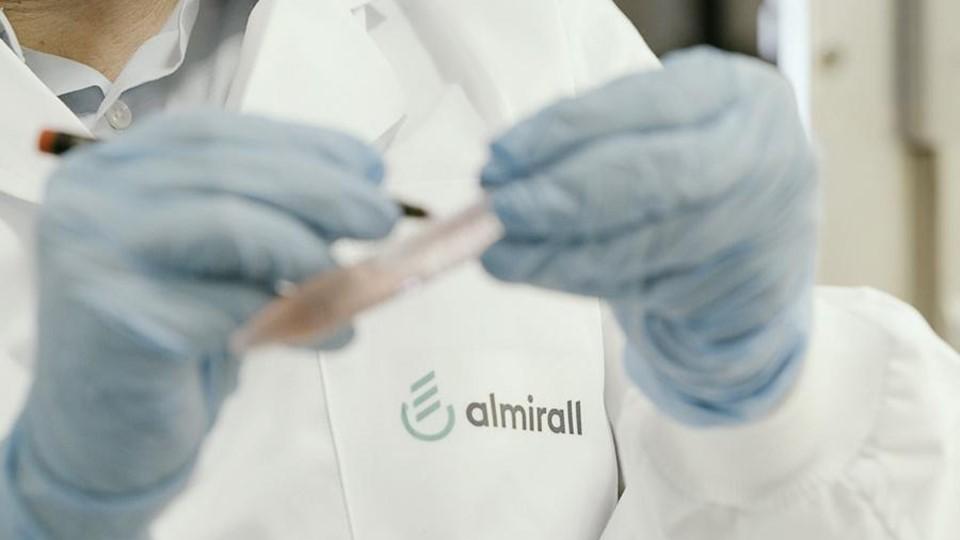Almirall signs $210m bispecifics deal with EpimAb

A few months after raising €200 million in investment capital to boost its pipeline, Spanish drugmaker Almirall has used some of the cash for a bispecific antibody partnership with Singapore’s EpimAb Biotherapeutics.
Almirall has taken out a license for bispecifics targeting up to three undisclosed targets in medical dermatology, its core focus, along with access to EpimAb’s FIT-Ig drug discovery engine, used to combine the functions of two parent antibodies into a single drug molecule without the need for linker molecules.
FIT-Ig bispecifics have four active and independent antigen binding sites, can be manufactured like standard monoclonal antibodies and have similar solubility to the parent antibodies, according to EpimAb, which has taken four in-house candidates into clinical testing.
The Almirall alliance is the first partnership to be disclosed by the biotech and includes milestone payments totalling up to $210 million contingent upon the launch and commercial success of multiple products, plus royalties on net sales.
According to EpimAb’s chief executive and founder, Dr Chengbin Wu, the company will work with Almirall “to offer additional treatment options for patients with immune-related disorders.”
The Spanish group closed its share capital raise in June, saying the proceeds would be used in part to complete pipeline-boosting transactions – including bolt-on acquisitions and in-licensing deals – that were already under discussion.
It has been making a concerted effort to build its R&D portfolio in the last few years, including a $507 million licensing deal with China’s Simcere Pharma last year that brought in an IL-2 drug with potential in the treatment of autoimmune diseases.
Other recent deals feature an R&D alliance with Evotec to find new drug targets in inflammatory skin diseases and skin cancers, a partnership with France’s Inserm research institute looking at treatments for vitiligo, and a deal with Ablexis to use its antibody development platform in therapeutics.
Currently, Almirall’s most important pipeline project is the anti-IL-13 antibody lebrikizumab, which has been filed in the EU as a treatment for atopic dermatitis, with a decision due before the end of the year.
The drug is licensed to Eli Lilly in the US, and suffered a setback earlier this month when the FDA rejected the drug because of quality compliance issues at a contract manufacturing organisation.
While the company has blockbuster expectations for lebrikizumab, it has predicted a fall in earnings for the current year as some of its products continue to feel the effects of increased generic competition in the US and needs to build its longer-term pipeline.












